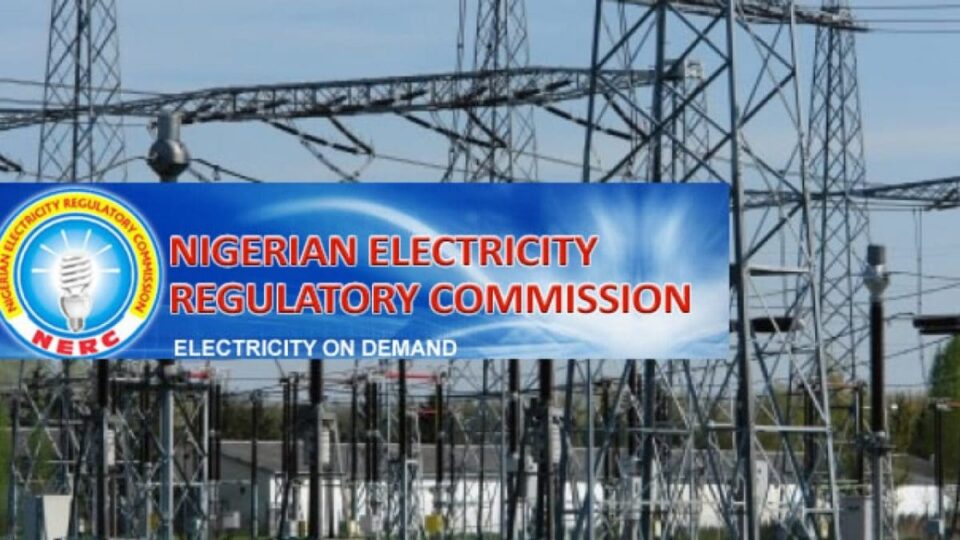*As NERC transmutes to revenue agency
The Chairman of the Nigeria Electricity Regulatory Commission (NERC), Alhaji Sanusi Garba, has insisted that the recent electricity tariff hike was necessary, without which the federal government would have to cough out about N3.2 trillion as subsidy in 2024 alone.
His statements put paid to speculations that the commission has abandoned its primary duty of a service regulator to a quasi revenue generating agency of government.
He stated this on Thursday while speaking at a stakeholders meeting by the House of Representatives Committee on Power, saying however that current investments in the sector were not enough to guarantee a steady power supply inspite of billions of dollars already invested over the years.
He said that before the recent tariff upward review, DisCos were only obligated to pay 10 percent of their energy invoice, pointing out that the lack of cash backing for subsidy is creating a liquidity challenge in the sector.
“If sitting back and doing nothing is the way to go, it would mean that the National Assembly and the Executive would have to provide about N3.2 trillion to pay for subsidy in 2024.
“Only N185 billion of the N645 billion subsidy in 2023 has been cash-backed, leaving a funding gap of N459. 5billion,” he said.
The Vice-Chairman of NERC, Musiliu Oseni, who also justified the recent increase in tarrif said the increment was needed to save the sector from total collapse.
None of them fully addressed the concerns of electricity consumers or investments made by individuals, companies and communities, which only the discos reap the benefit without accounting for such investments.
*House assesses the submissions with reservations
Chairman of the House Committee on Power, Hon. Victor Nwokolo said the essence of the meeting was to address the recent increase in tariff as well as the issue of Band A and the others.
According to him, officials of NERC and DISCOS had given the committee useful information, adding that, “We have not concluded with them because the Transmission Company of Nigeria were not here and the Generation Companies too.
“We will hold further consultations with them by next week. But from what they have said which is true is that without the change in tariff, which was due in 2022, the industry lacks the capital to bring the needed change.
“Of course, with the population explosion in Nigeria, the areas being covered are beyond what they have estimated in the past and because they need to expand their own network, they also needed more money. Every day, there are changes to the exchange rate and there are also threats to power installations because of security, thereby increasing the overhead.
“The committee has not fully agreed with them because we are not saying either yes or no because we want to get more input and also find out the possibility of gas being sold to them in naira. More of this is dependent on generation



